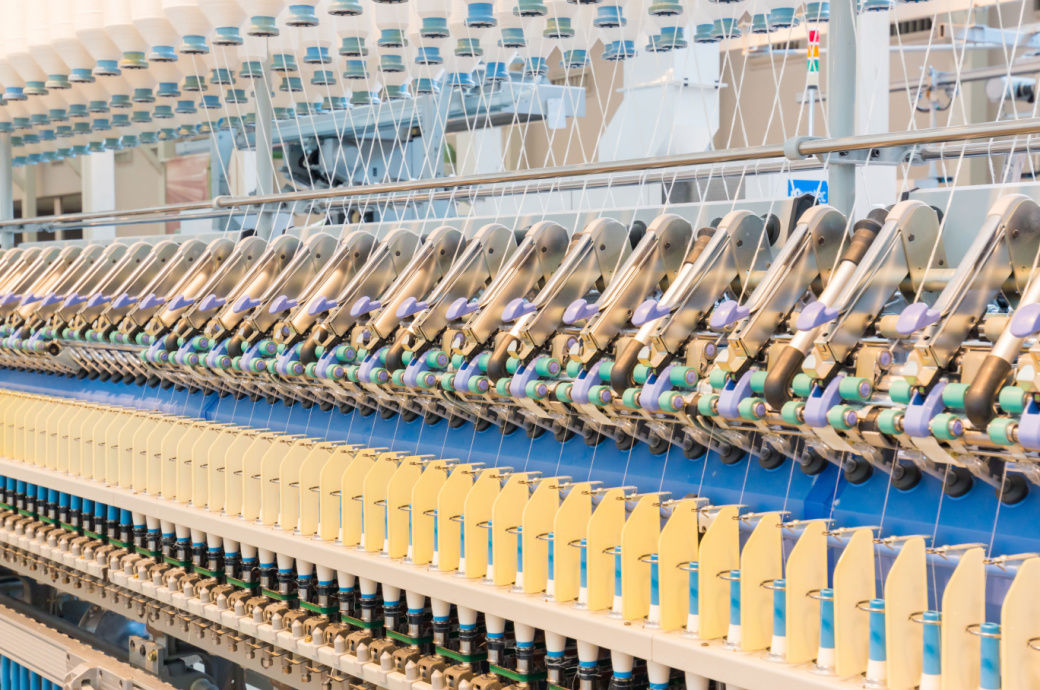
The JP Morgan global manufacturing purchasing managers’ index (PMI), a composite index produced by JP Morgan and S&P Global in association with Tempe, Arizona-based Institute of Supply Management (ISM) and the International Federation of Purchasing and Supply Management (IFPSM), fell to a 29-month low of 48.8 in November, down from 49.4 in October.
The PMI has posted below the neutral mark of 50 in each of the past three months. Twenty three of the 31 nations for which data were available had PMI readings indicating contraction. These include China, the United States, the euro area and Japan, S&P Global said in a release.
Data broken down by sector indicated that output declined across the consumer, intermediate and investment goods industries. The weakest performer was intermediate goods, which saw a solid drop in production volumes. The downturns at consumer and investment goods producers were both mild in comparison.
November saw the majority of the nations covered register a contraction in output, with only Australia, India, Indonesia, Kazakhstan, Russia, Thailand and the Philippines signalling expansions.
Rates of decline accelerated in China and Japan, but eased in the euro area. The United States contracted following back-to-back expansions in September and October.
November survey data also highlighted a number of potential headwinds for the sector during coming months. New order intakes fell for the fifth month running and to the greatest extent in two-and-a-half years. International trade also retreated further, posting a decline for the ninth successive month.
Weaker demand led to a build up of finished goods inventories at factories, which may act as a further brake on production. Stocks rose at the quickest pace since comparable data were first compiled in late-2009.
Input inventories, meanwhile, decreased slightly for the first time in 20 months, as elevated cost pressures led manufacturers to cut back purchasing sharply.
Although improving from October's near two-and-a-half year low, November nonetheless saw business optimism remain at one of its lowest levels outside of the pandemic- affected months of early-2020.
The combination of increased caution among manufacturers, weaker new order intakes and elevated cost pressures filtered through to the labour market. Manufacturing employment fell, albeit only slightly, for the first time since October 2020.
Staffing levels were reduced in China, the United Kingdom, South Korea and Brazil among others, but rose in the United States, the euro area and Japan.
ALCHEMPro News Desk (DS)
Receive daily prices and market insights straight to your inbox. Subscribe to AlchemPro Weekly!